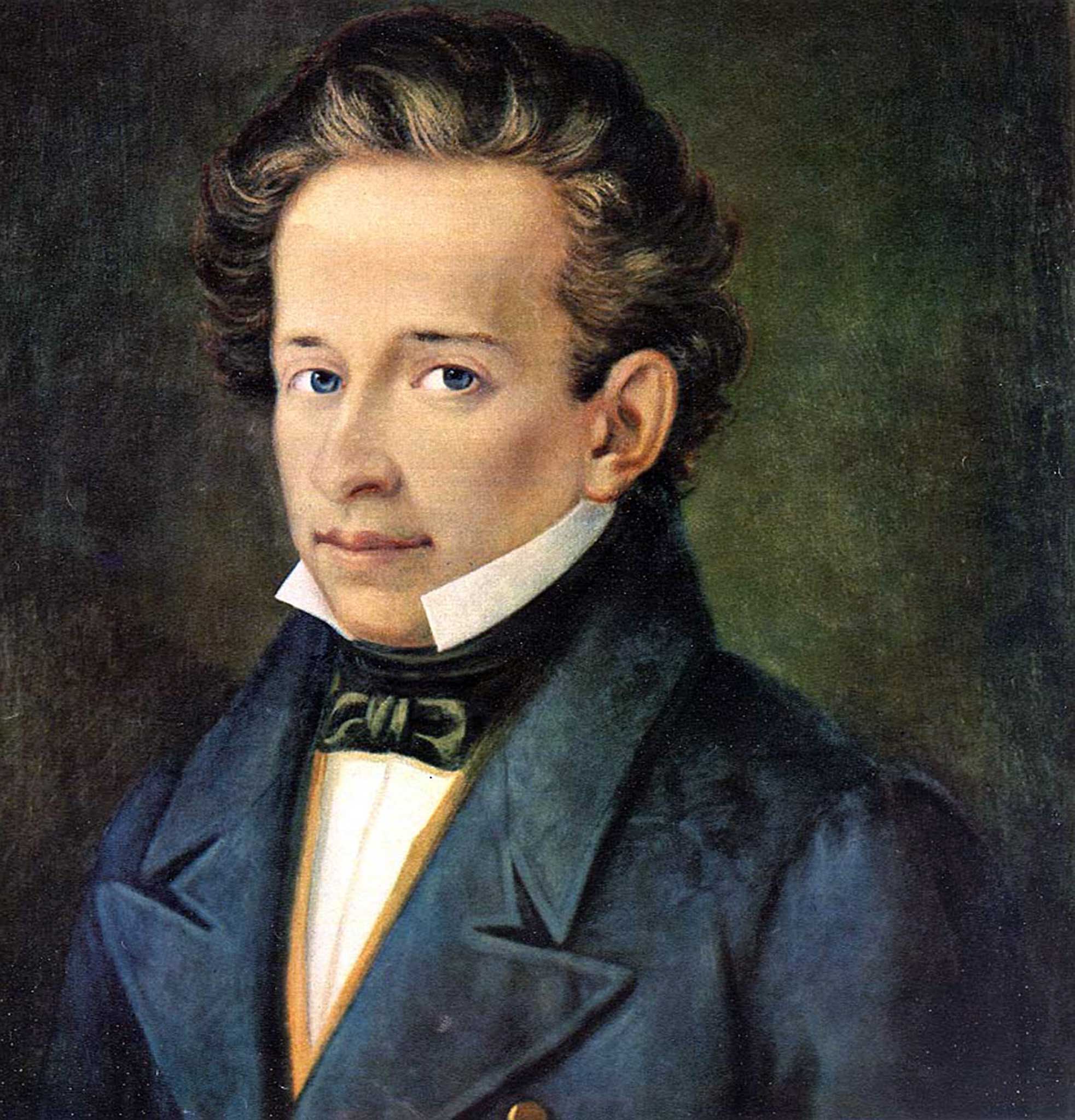Book review: Zibaldone, By Giacomo Leopardi, eds. Michael Caesar, Franco D'Intino
This extraordinary 'mish-mash' opens up the creative workshop of Italy's great Romantic poet

Now superseded by blogs, their virtual cousin, commonplace books are so rarely kept these days, let alone published, that it is easy to forget how ubiquitous they once were. As sought-after as Bibles from the Renaissance to the 18th century, they were still in such high demand in the 19th that Mark Twain's sole profitable invention was his "self-pasting scrapbook", whose pages were lined with adhesive strips to avoid any gluey mishaps.
Get money off this title at the Independent book shop
Nevertheless, the genre had mostly died by the second half of the 20th century, despite the odd releases by statesmen and poets in their dotages, like the UN leader Dag Hammarskjöld's Markings (1964) or WH Auden's A Certain World (1970). Yet unlike the majority of his predecessors or successors, the Romantic poet Giacomo Leopardi (1798-1837) compiled his Zibaldone – Italian for mishmash – during his twenties and thirties, not that this was unusual considering his precocious education.
Aged 11, Leopardi had already taught himself Hebrew, Greek, Latin, German, Spanish, French and English. He spent most of his adolescence ensconced in his father's impressive library, from which he emerged crippled by scoliosis, his health wrecked for life. Beginning his Zibaldone at 19, Leopardi had produced roughly 3,000 of its 4,526 pages by 26 – and when he put the finishing touches on it in 1832, five years prior to his death, the book stood at just under a million words.
Coincidentally, Leopardi put the Zibaldone aside just as Goethe finished the second part of his Faust, and the two share a fascination with the notion that humanity had sold its soul to the devil for progress, thereby losing the very instincts that made us human in the first place. As Leopardi puts it: "As man moves away from nature and toward society, the methods that nature hasprovided for attaining those ends are changed or replaced by other methods… as man loses his natural happiness… so, too, he loses his actual power of instinct, and those inborn methods for achieving this happiness."
In these notes, Leopardi attempts to dismantle our naive picture of the world and wrestle with the nihilism that resulted from the collapse of our anthropocentric vision of the universe. He was among the first to contest the concept of eternal space and eternal time: "Nothing in nature actually announces infinity, the existence of anything infinite. Infinity is a product of our imagination, and at the same time of our smallness and our pride."
Although Leopardi is chiefly remembered for the long lyric poems that encapsulated the spirit of the Italian Risorgimento – most recently translated by Jonathan Galassi, whose superb Canti (Penguin) is an essential companion – the Zibaldone can firmly establish his role as one of the 19th-century's greatest thinkers. Even though it's hard to imagine Nietzsche without him, Leopardi has always been too private a voice to claim any strong hold on the public imagination. Thanks to this translation, we now have a window on his workshop and can delight in his readable and thought-provoking reflections on politics, philosophy, literature, philology – even a bit of phrenology – and a wealth of tastefully selected quotes.
Finally available in English thanks to a monumental effort by Michael Caesar and Franco D'Intino – who shepherded a team of seven principal translators – the Zibaldone marks the end of nearly a decade of work at the University of Birmingham's Leopardi Centre. There is something heroic about such a project; commonplace books have rarely elicited much attention, especially while their authors were still alive. Paul Valéry's Cahiers were published 30 years following his death; Milton's mouldy manuscript was discovered two centuries after his passing.
Congratulations are due to everyone involved in this landmark publication. Leopardi's Zibaldone is quite simply a work of genius – and what better way to end than with his own words: "It is a property of works of genius that, even when they represent vividly the nothingness of things, even when they clearly show and make you feel the inevitable unhappiness of life… such works always bring consolation, and rekindle enthusiasm, and, though they treat and represent nothing but death, they restore, albeit momentarily, the life that it had lost."
André Naffis-Sahely's translation of Laurent Seksik's 'The Last Days' is published next month by Pushkin Press
Join our commenting forum
Join thought-provoking conversations, follow other Independent readers and see their replies
Comments
Bookmark popover
Removed from bookmarks